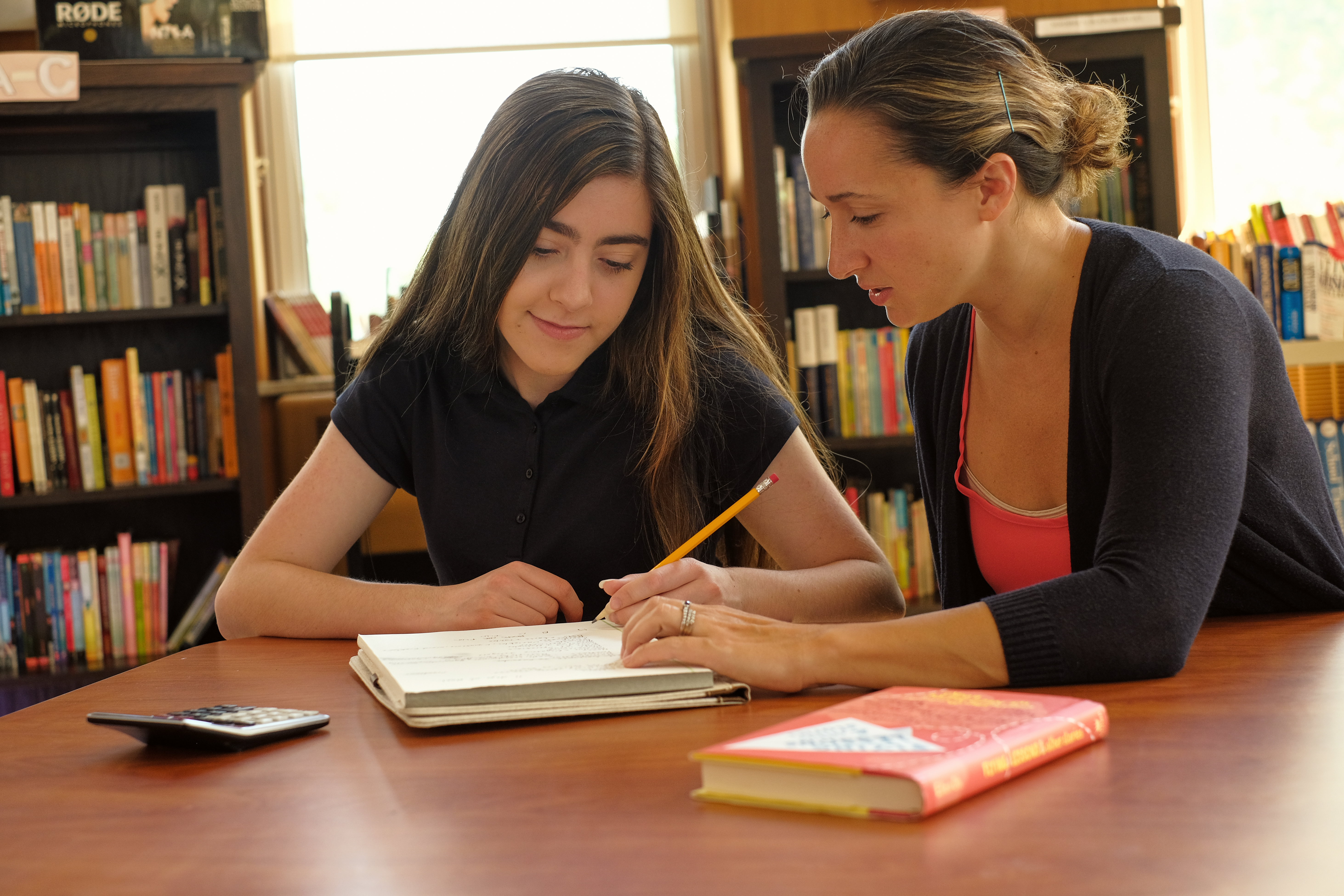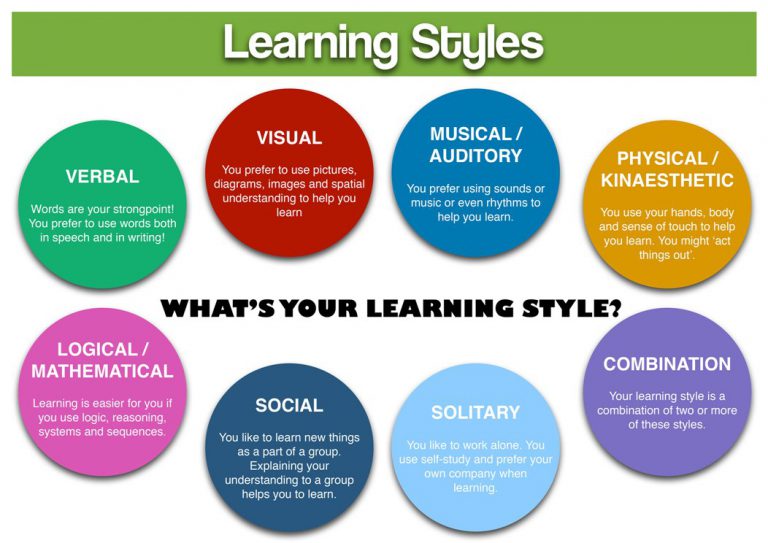Digital Detox: Helping Teens Unplug in a Virtual World
Young people are spending more time in front of their screens than ever, but how do you help them find...
February 11, 2025

All parents want their child to succeed in school. This guide is designed to give parents, grandparents, and other caregivers ideas and tips that will improve their child’s potential for success in academics. While these tips are not exhaustive, it will serve as a great starting base as parents continue to navigate the systems to create a more meaningful and abundant learning experience for their children.
Solid research shows that children from homes where parents are engaged with their school communities, focused on developing a solid parent/child relationship, and dedicated to improving learning outside of the classroom have a better chance of earning better grades and enjoying school more.

Introduce yourself to all teachers and school administrators during the first week of school. You can do this through an e-introduction (all schools should have teacher contact information available on their website) or creating the time to meet with teachers during their office hours.
If you can, volunteer or help at the school. Whether it be field trip chaperoning or helping plan events, your visibility will be key to building relationships with staff and the other students at your child’s school.

Create a daily routine that includes time to eat, sleep, play, work, study, and read. Establish a family routine with regular mealtimes, bedtimes, homework time, and outdoor play/exercise time.
Establish a “study space” within your home. Find a spot with good light for a reading/studying area. If your child struggles with ADHD, get creative in thinking about study spaces that are comfortable and alternating depending on the day/energy level. Additionally, you can utilize resources like a balance ball chair or kick bands.

Research shows children with devoted parents are likely to learn far more than others. Parents can create a learning environment at home by having on hand age-appropriate personal or library-borrowed books and, if they can afford it, art supplies, musical instruments and electronic devices with apps that engage in self-directed learning.
Play games as a family. Alternatively, rather than just doing lessons with your child, play little games as a family that will build their cognitive skills. These games, if done correctly, can both be rewarding on an educational level and improve your relationships.

Be proactive and equipped to advocate for their needs with this assessment. If you’re not completely sure, have your child complete a self-assessment on their learning style so that you and their teachers are fully aware of their preferred style and adjust lessons and homework planning to best fit their needs.
An organized student is a successful student. Research shows there is a direct correlation to the disorganization inside students’ desks, lockers, binders, book bags, and pencil pouches and their success and grades.
It’s okay to hold your child accountable but help them in areas of improvement! Here are some ways to assist with organization:
a. Set aside time weekly to organize and clean up their work area and backpack.
b. Use containers of pouches to organize pencils, pens, crayons, etc.
c. Encourage using a planner or agenda daily and write down assignments as soon as possible.
d. Color code notebooks and folders based on subject.
e. Ensure that they have all their materials for class consistently, and review materials checklist at the beginning of each semester.
f. Speak with your child’s teacher about organization of their desk and locker, and possibly implement a system within the school as well.
g. Create awards and incentives around organization for motivation.
Young people are spending more time in front of their screens than ever, but how do you help them find...
February 11, 2025
Healthy communication in the family system is incredibly important, yet sometimes it can feel hard to achieve. However, with practice...
February 24, 2024
It’s back-to-school time during a year like no other. Beyond the typical nervousness and anxiety that may come with starting...
August 24, 2021